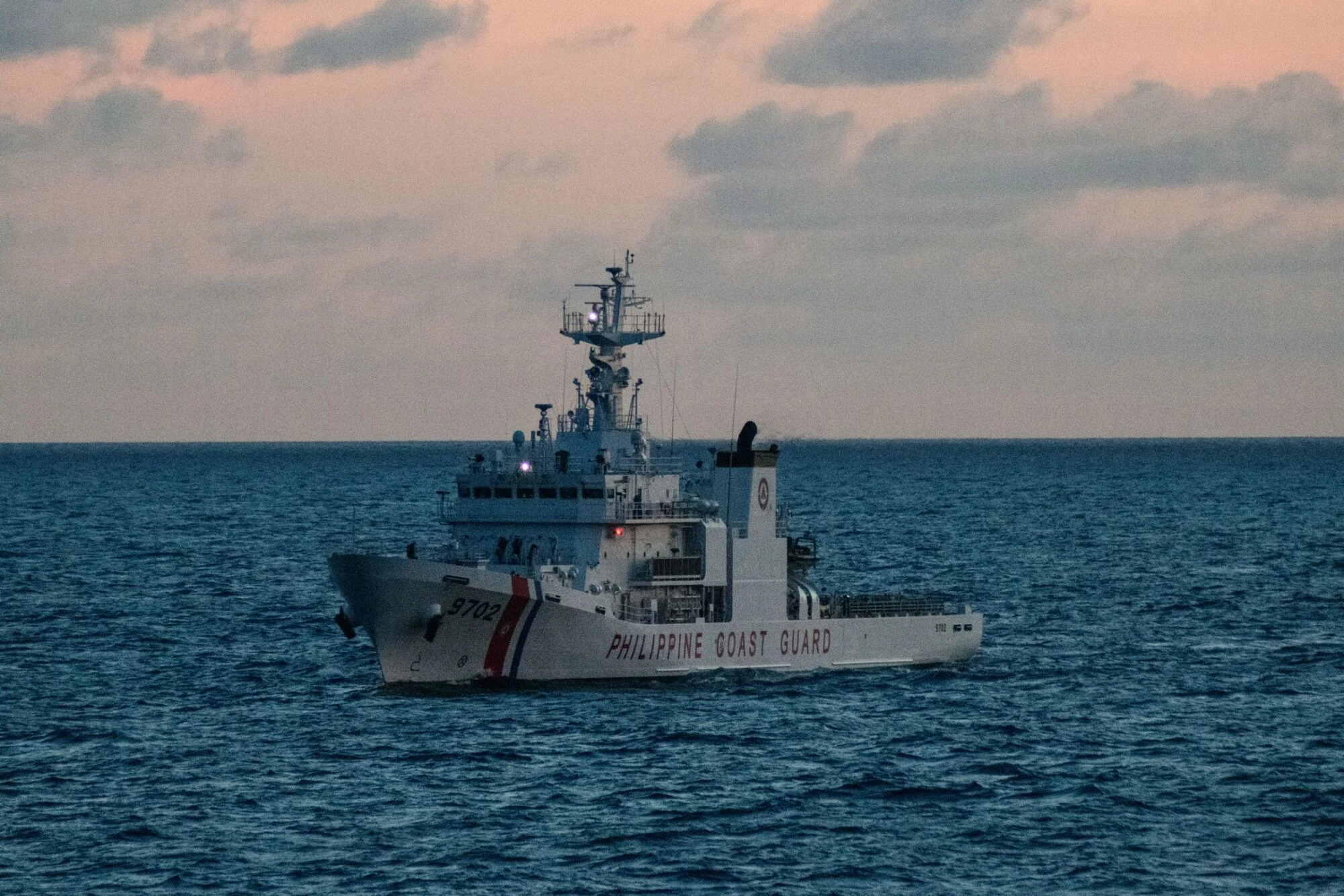The Philippines is committed to asserting its claims in the South China Sea even as it aims to manage disputes through peaceful means, its top diplomat said.
“We still will maintain our position of defending our sovereign rights wherever they are applicable. And that’s especially in our exclusive economic zone,” Foreign Affairs Secretary Enrique Manalo told foreign correspondents in Manila on Thursday.
Philippine President Ferdinand Marcos Jr.’s government has pushed back against Beijing’s expansive claims over the South China Sea and has publicly protested what it calls aggressive Chinese moves in disputed waters.
Beijing claims nearly all of the South China Sea, a vital trade route, including areas Manila says are part of its territory.
Manalo said tensions in the disputed waters should not be “overcharacterized” as mainly a US-China competition as that puts the legitimate rights and interests of countries such as the Philippines “secondary to the interest of the rivals.”
“Actions that are clearly illegal in international law and against UN charter are sometimes rationalized under the pretext of this rivalry,” he said. Other claimants in the South China Sea include Vietnam, Malaysia, Indonesia and Brunei.
The Philippines’ foreign policy has seen a dramatic shift under Marcos whose administration has bolstered security ties with the US, granting the latter greater access to military sites in the Southeast Asian nation last year. His predecessor Rodrigo Duterte leaned toward Beijing and distanced himself from Washington.
The Philippines also remains committed to discussions for a code of conduct in the South China Sea between the Asean countries and China, Manalo said. A set of guidelines, which Beijing and the Association of Southeast Asian Nations have been trying to hammer out for years, aims to avert conflict in the disputed waters.
Marcos has said the Philippines is negotiating its own code of conduct with neighbors Vietnam and Malaysia as the Asean-China agreement hasn’t progressed much. Asked about that, Manalo said that what the Philippine leader probably meant was for some form of cooperation agreement with some countries, like Vietnam, to settle any maritime accidents or differences peacefully.
“But in no way did it mean that we are not committed to the negotiations on the code of conduct between the Asean countries and China,” he said.
The foreign affairs chief said the Philippines is also planning “2+2” discussions on defense and foreign policy with longstanding ally, the US, as well as Japan. There is no date yet for the US talks but the one with Japan may be held this year, he added.



